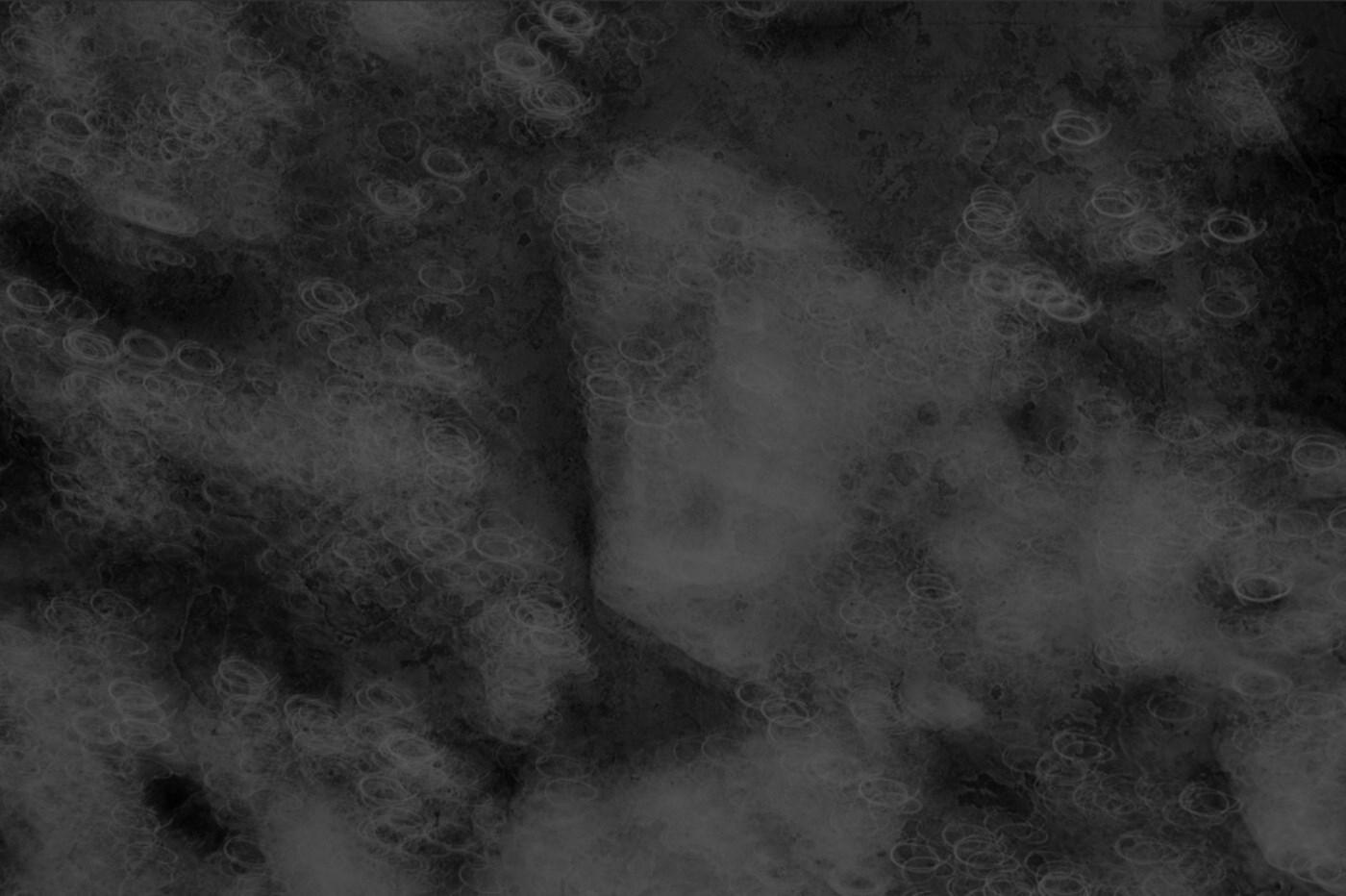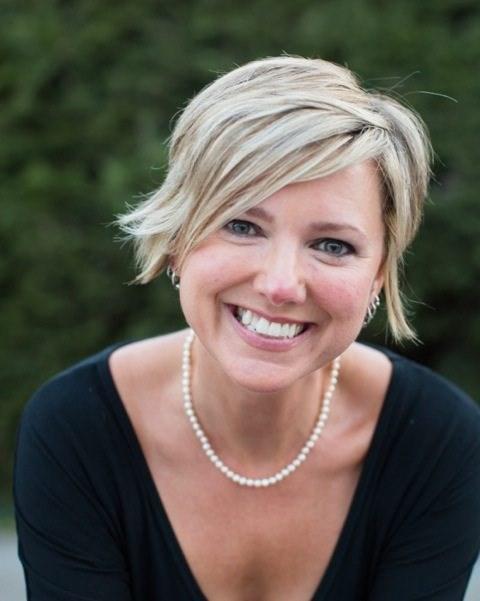My Not-So-Wonderful White World By Lindsay E. Vaughn, Psy.D., HSP, CST Licensed Clinical Psychologist, Founder and Director of Hazel House Holistic Healing When I was four, we got a new puppy. She was the cutest, sweetest little black lab you’ve ever seen. She was my best friend, and she was perfect, except for one thing. Her name was Nigg. Yes, you read that right. We had a black dog and my stepdad thought it would be cute to name her Nigg. I cringe as I write that, feeling the painful combination of anger, fear, and shame that are probably quite appropriate in this moment. It’s awful, it’s vulnerable to share, and it’s the truth. Fast forward about ten years. I was spending some time with my biological dad and we decided to go to the corner store for something one night. He goes in, gets whatever he came for, then comes out, gets into the car, and drives away. But instead of going home, he drives to the elementary school across the street and parks the car, killing the headlights. Of course, I ask him what he’s doing, so he explains. “Two black guys walked in there as I was leaving. I’m going to make sure they don’t rob the place,” he says. They didn’t. I feel certain that the two memories described above are not the only examples of racism that I was exposed to growing up, but they are the most memorable. I do know that my maternal grandmother relied heavily on “the help.” When my mom and I watched the movie by the same name together, she commented on how similar it was to her experience of growing up, white and wealthy, in Hendersonville, TN in the 1950s and 60s. Just like the movie character, my mom was practically raised by the black nanny, Alice, who also cooked and cleaned, of course. Later, throughout the 1980s, I remember that Betty Sue was always there at my grandmother’s house when I visited, tidying up and doing whatever needed to be done inside, while James worked dutifully outside. Later, after my grandmother had died, Betty Sue’s sister, Mary Lou was the housekeeper for my home. James, who maintained my grandmother’s farm, was a kind older man with very dark skin. It was obvious to me that he was different from me and my family, even at four or five. Still, I liked him, and he liked me. I always smiled when I saw James and enjoyed saying hello to him. I don’t remember his death, specifically, but I think it was pretty early in my life. Then, before I was even in middle school, a neighbor, who was my parents’ age, starting telling me that James died by hanging, on my grandmother’s farm. As an adult, I don’t believe that’s true, and I don’t believe he did either. He just thought it was funny to freak me out. Obviously, there’s nothing funny about it. We didn’t have any friends of color. I went to schools that did not include many black people. The private school I attended from Kindergarten through third grade didn’t have a single black person, if I recall correctly. We did have one Jewish student, however, and I remember that it was a big deal. Even the public school that I transferred to in fourth grade had very few black people. One of them I befriended, and I remember that she felt like a full-grown adult to me in fifth grade, because she was wise beyond her years. While my memory is fuzzy, I think I assumed that she was wise and weathered because of her family life. But truth be told, she had probably acquired much of her wisdom and resilience from having survived in a white suburban area where people with black and brown skin were discriminated against, judged, feared, and sometimes hated. I have a vague memory of wanting to invite Tamika over to my house, but I never did ask my parents. After all, no black person had ever been to our house, save for Mary Lou. I feel certain that if you asked any of my three parents, they would explicitly tell you that they are not racist. And I actually think they would believe it. Racism, to many people, is narrowly associated with extreme and cruel actions. My parents were never overtly cruel. In fact, they were quite kind to most people, including black people. Also, they trusted Mary Lou enough to leave their youngest daughter in her care while they went on vacation. How in the world could they be racist? I tell these stories not to crucify my parents. I happen to believe that they fully intend to be good people who do no harm in the world. Rather, I tell these stories to explain the context into which I was born, my parents were born, and many of you reading this were likely born, especially in the South. I, like many white people, grew up thinking that black people were more likely to steal, rob, and enact violence, and that I better keep my eyes open when they’re around. Those were the messages I got, not always covertly, and regrettably, I didn’t have very many black people around me to challenge those stereotypes. I also remember thinking as I was growing up, “If black people want to be accepted and integrated into mainstream (read: white) society, why do they act so different?” Continued on page 9 8
Issuu converts static files into: digital portfolios, online yearbooks, online catalogs, digital photo albums and more. Sign up and create your flipbook.





